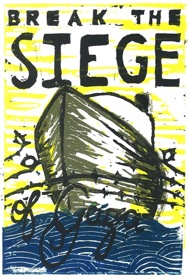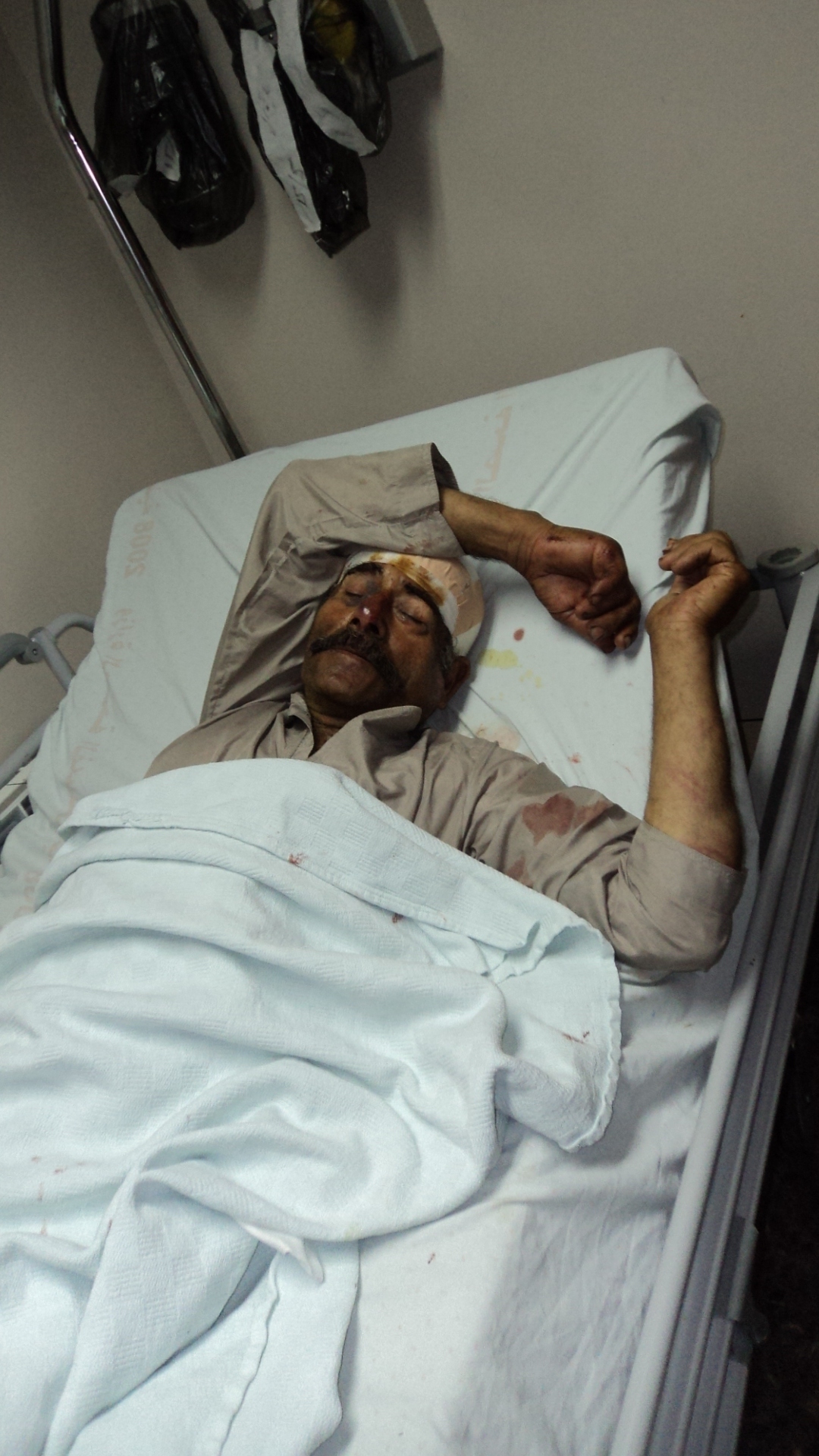-
Three members of ISM arrested during peaceful demonstration in Iraq Burin
28 May 2011 | International Solidarity Movement This afternoon three members of the International Solidarity Movement were arrested during a peaceful demonstration in Iraq Burin. The activists from the UK, Denmark and Iceland had joined the villagers in protesting the loss of their land to the illegal Israeli settlement of Bracha, however the demonstration had […]
-
Support the Freedom Flotilla to Gaza
29 May 2011 | Free Gaza Sign the petition and get updated news about the Freedom Flotilla II – Stay Human We are writing to ask for your support for the Gaza Freedom Flotilla scheduled to set sail in the second half of June to the besieged Gaza strip. You can help prevent an assault […]
-
66 year old shepherd from the village of Madama attacked by settlers
27 May 2011 | International Solidarity Movement On Thursday May 26, Hamad Jaber Qut, a 66 year old shepherd from the village of Madama, was taken to hospital after being attacked by settlers with sticks and knives. At about 16:30 whilst Hamad was herding sheep in the mountains of Madama, situated near the illegal settlement […]
Action Alert An Nabi Saleh Apartheid Wall Arrests BDS Bethlehem Bil'in Cast Lead Demonstration Denial of Entry Ethnic Cleansing Farmers Gaza Global Actions Hebron House Demolition International law Israeli Army Jerusalem Live Ammunition Nablus Ni'lin Prisoner Ramallah Rubber-coated steel bullets Settlement Settlers Settler violence Tear-Gas Canister Video


